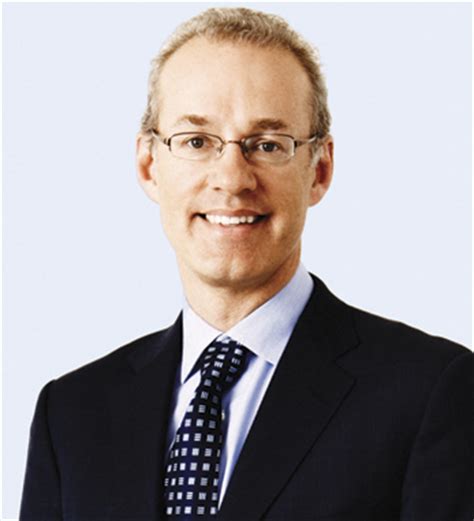A Quote by Warren Buffett
We always see shifts in employment. If you think about it, if you go back to 1800, it took 80 percent of the labor force to produce enough food for the country. Now it takes less than 3 percent. Well, the truth is that market systems move people around.
Related Quotes
I'm going to create tremendous jobs. And we're bringing GDP from, really, 1 percent, which is what it is now, and if Hillary Clinton got in, it will be less than zero. But we're bringing it from 1 percent up to 4 percent. And I actually think we can go higher than 4 percent. I think you can go to 5 percent or 6 percent.
Economists often talk about the 80/20 Principle, which is the idea that in any situation roughly 80 percent of the “work” will be done by 20 percent of the participants. In most societies, 20 percent of criminals commit 80 percent of crimes. Twenty percent of motorists cause 80 percent of all accidents. Twenty percent of beer drinkers drink 80 percent of all beer. When it comes to epidemics, though, this disproportionality becomes even more extreme: a tiny percentage of people do the majority of the work.
I know Teddy Kennedy had fun at the Democratic convention when he said that I said that trees and vegetation caused 80 percent of the air pollution in this country. ... Well, now he was a little wrong about what I said. I didn't say 80 percent. I said 92 percent-93 percent, pardon me. And I didn't say air pollution, I said oxides of nitrogen. Growing and decaying vegetation in this land are responsible for 93 percent of the oxides of nitrogen. ... If we are totally successful and can eliminate all the manmade oxides of nitrogen, we'll still have 93 percent as much as we have in the air today.
What democratic socialism is about is saying that it is immoral and wrong that the top one-tenth of 1 percent in this country own almost 90 percent - almost - own almost as much wealth as the bottom 90 percent. That it is wrong, today, in a rigged economy, that 57 percent of all new income is going to the top 1 percent. That when you look around the world, you see every other major country providing health care to all people as a right, except the United States.
About forty percent of the people vote Democrat. About forty percent vote Republican. Of those eighty percent, most wouldn't change their votes if Adolf Hitler was running against Abe Lincoln - or against FDR. . . . That leaves twenty percent of the people who swing back one way or another . . . the true independents. . . . That twenty percent controls the destiny of the country.
I'm not expecting a big sell-off but I do think that if we don't have a move toward economic growth and policies that will promote economic growth and get us out of this 2 percent world - we really need to see 4 percent, 5 percent - to see jobs created, and if we don't see that longer-term, yeah the market will sell-off...[but] I do think things are getting better. It's just been very slow.



































